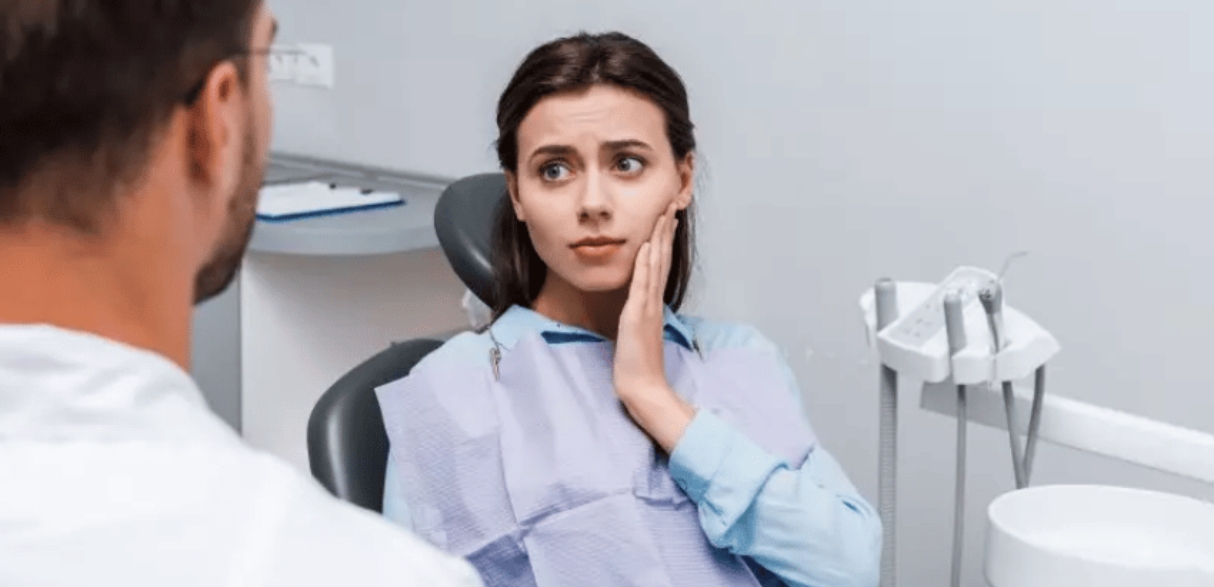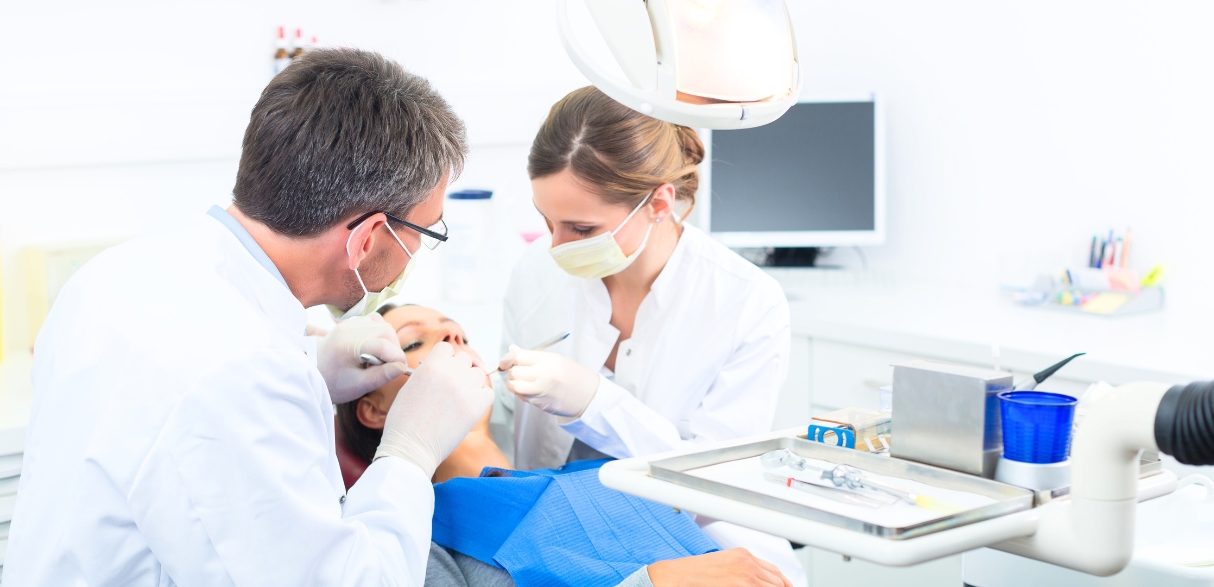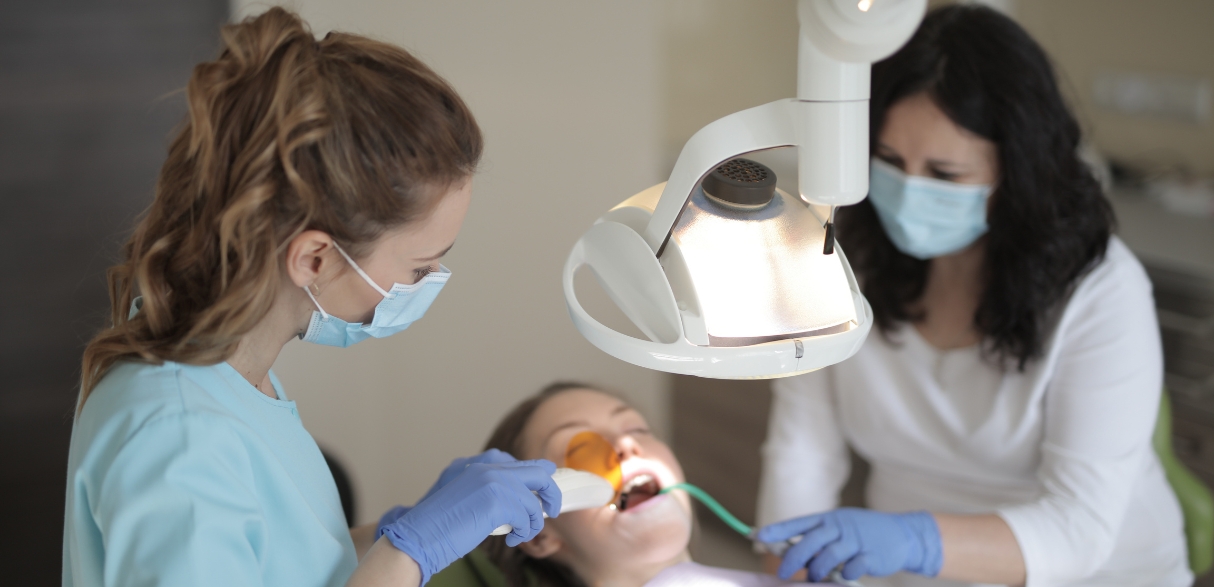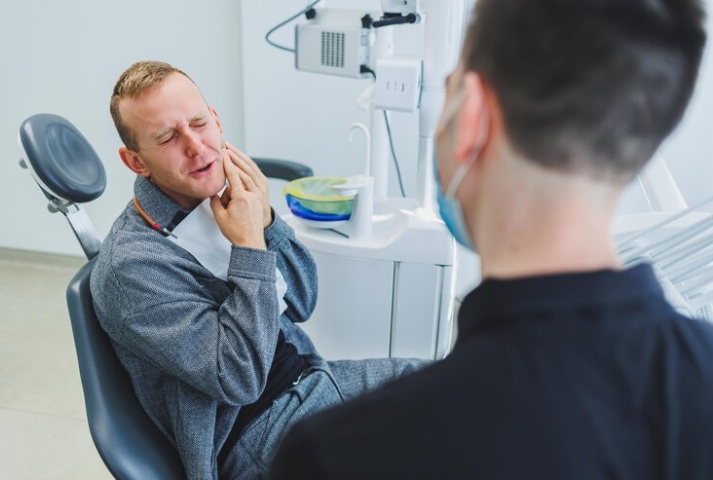
Dental emergencies can happen unexpectedly, often leaving you in pain and worried about your oral health. Many people in St. Clair face dental issues requiring immediate attention, from knocked-out teeth to severe toothaches. However, understanding the causes of these emergencies and how to prevent them can help you avoid the stress of an urgent situation. In this blog, we’ll discuss the top causes of dental emergencies and practical steps to reduce the risk of them happening in the first place.
Trauma to the Mouth
One of the most common causes of dental emergencies is trauma or injury to the mouth. Accidents can happen anytime, whether from sports, falls, or car accidents. A hard hit to the mouth can result in chipped or cracked teeth, or worse, teeth that are knocked out entirely. In such cases, quick intervention is required to avoid long-term damage.
How to Prevent It:
- Always wear a mouthguard when playing contact sports.
- Avoid using your teeth to open bottles or tear packaging.
- Be cautious when engaging in activities that could lead to falls or accidents.
Tooth Decay Leading to Severe Pain
Tooth decay is another leading dental emergency that emergency dentists deal with. When left untreated, cavities can penetrate the deeper layers of your teeth, causing intense pain, infection, and sometimes an abscess. If left untreated, it can lead to the need for root canal therapy or extraction.
How to Prevent It:
- Practice good oral hygiene by brushing twice daily and flossing regularly.
- Visit your St. Clair dentist for routine checkups and cleanings to catch cavities early.
- Avoid sugary foods and drinks that contribute to tooth decay.
Gum Disease and Infections
Gum disease, or periodontal disease, can progress from mild gum inflammation to severe infections affecting the teeth and supporting structures. Gum infections can cause abscesses, tooth loss, and severe health issues if left untreated. Gum disease often doesn’t present symptoms in its early stages, so many people aren’t aware they have it until an emergency occurs.
How to Prevent It:
- Maintain proper brushing and flossing habits to reduce plaque buildup.
- Schedule regular dental visits to monitor gum health.
- Avoid smoking, as it is a major contributor to gum disease.
Dental Fillings Falling Out
Sometimes, dental fillings can become loose or even fall out, exposing the tooth to further damage or infection. This can be very painful, and if not addressed promptly, it may require more extensive dental work.
How to Prevent It:
- Avoid chewing on hard foods like ice or nuts that could dislodge fillings.
- If you notice your filling is loose or cracked, visit your St. Clair dentist as soon as possible for repairs.
Broken or Cracked Teeth
A broken or cracked tooth can be caused by chewing hard foods, trauma, or even grinding your teeth while sleeping. These fractures can cause sharp pain and may lead to further damage if not addressed quickly.
How to Prevent It:
- Avoid biting down on hard substances that can damage your teeth.
- If you grind your teeth, talk to your dentist about getting a nightguard.
- Wear a mouthguard if you’re playing sports to protect your teeth from trauma.
Sudden Toothaches
Toothaches are often the result of deep dental decay, infection, or trauma. The pain can vary in intensity and may come and go, making it difficult to pinpoint the exact cause. Sometimes, a toothache can be the first sign of a larger problem, such as an abscess or infection in the tooth’s pulp.
How to Prevent It:
- Keep up with regular dental checkups to catch issues early.
- Avoid neglecting minor dental problems like sensitivity or mild discomfort.
- Manage stress to reduce the risk of teeth grinding that could lead to toothaches.
Wisdom Teeth Problems
Wisdom teeth can cause a range of dental emergencies. They can push against other teeth as they emerge, causing pain and swelling. They may sometimes become impacted or infected, leading to more severe issues requiring emergency extraction.
How to Prevent It:
- If you experience pain from your wisdom teeth, consult your dentist for an evaluation.
- Regular dental visits will allow your dentist to monitor the growth of your wisdom teeth and address potential issues before they become emergencies.
Dental emergencies can be stressful, but understanding their causes and taking proactive steps can reduce your risk of facing one. Keeping up with routine dental care, protecting your teeth during physical activities, and being mindful of your oral habits can go a long way in preventing emergencies. If you experience a dental emergency in St. Clair, don’t hesitate to contact a local dentist for immediate help.If you’re dealing with a dental emergency or want to learn more about protecting your smile, contact us in St. Clair. Our team is here to help you get the care you need right away!




